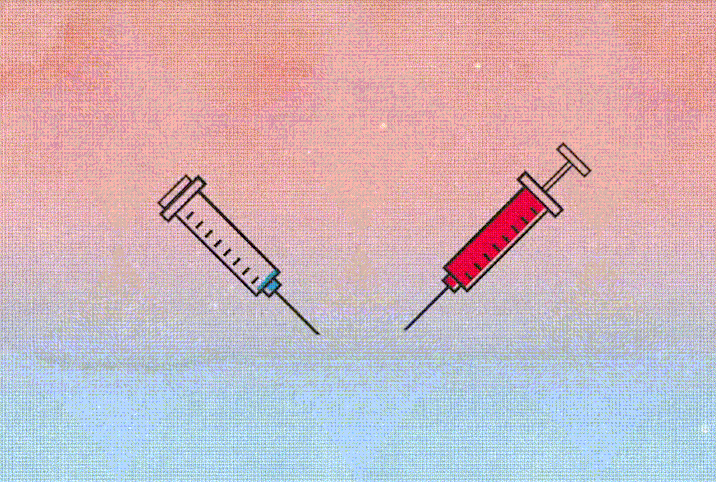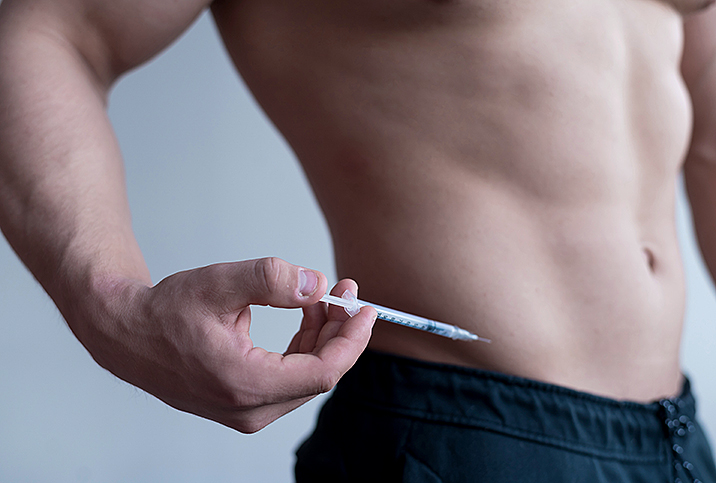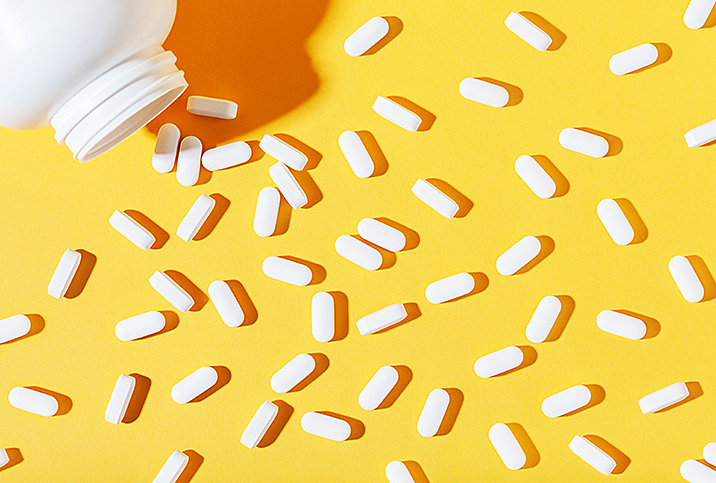The Pros and Cons of Testosterone Replacement Therapy

Around 40 percent of men ages 45 and older suffer from low testosterone (low-T), and once men turn 30, their testosterone levels decline about 1 percent a year. At first glance, low-T seems inevitable, but with the right treatments, you can increase your quality of life. Testosterone replacement therapy (TRT) is just one of your options. Find out if this type of hormone therapy is what you need to hang on to your vigor.
What causes low-T and what are the symptoms?
Low-T, also known as hypogonadism, has many underlying causes. Most commonly, it's the result of aging, as the amount of testosterone production drops as a man gets older. However, certain conditions and lifestyles may also lead to low-T, including:
- Obesity
- Certain medications
- Pituitary disorders
- Different types of diseases
- Cancer treatment
- Damage to the testicles
- Undescended testicles
- Certain genetic ailments
Symptoms of low-T exhibit themselves in numerous ways. Men should be aware of changes in their mood, sex drive and physical appearance to identify whether they're suffering from low-T. Common symptoms are:
- Decreased or nonexistent sex drive
- Drastic mood swings
- Hair loss
- Erectile dysfunction (ED)
- Loss or less growth of body hair, head hair and beard hair
- Smaller testicles
- Fatigue and problems sleeping
Other conditions can produce similar symptoms. Only a visit to your doctor can ensure you get the correct diagnosis. To diagnose low-T, doctors will conduct a physical exam, then take a quick and easy blood test to determine your total testosterone level. Low-T is classified as less than 300 nanograms per deciliter (ng/dL).
What is testosterone replacement therapy?
If your doctor determines that you have low-T, you have many treatment options, including testosterone replacement therapy. This type of therapy essentially replaces testosterone that's been lost until the body returns to a more typical level. TRT is available in many forms, including:
- Topical gels that allow absorption of testosterone through the skin
- Skin patches that are applied daily
- A mouth patch that sticks to the gums and supplies testosterone
The delivery method is a matter of preference more than anything else. Finding one that works for you may require a bit of experimentation until you're comfortable with one form of TRT.
What to ask your doctor about testosterone replacement therapy
As with most treatments, you should talk to your doctor before undergoing any of them. You may also have questions and concerns before starting TRT. If you're feeling overwhelmed, you might find that these common questions and answers are helpful starting points:
- How can I be sure my testosterone is actually low?
- A doctor should conduct a minimum of two tests to ensure that you indeed have low-T.
- Are there alternatives to TRT?
- If you're obese or have an undescended testicle or a poor diet, changing parts of your lifestyle may result in a boost in testosterone naturally.
- Can I still have children?
- Long-term TRT may have effects on fertility because the testicles shrink and natural testosterone production ceases due to TRT.
If you have other concerns, voice them when you meet with your doctor.
Pros of testosterone replacement therapy
By undergoing TRT, you can regain your vigor and zest for life. How? With a boost in testosterone, you'll notice reversals in the symptoms of low-T—most noticeably, your sex drive and energy levels should shoot up considerably.
Another positive aspect of TRT is that it's not as invasive as other types of low-T treatments. Some men may not like alternatives such as injections and implants that go directly into the arm, buttocks or thigh.
Cons of testosterone replacement therapy
About 1 in 10 men won't notice any difference when undergoing treatment, which means you might be needlessly taking testosterone. Other disadvantages of TRT may include:
- Infertility
- Rash, irritation and itching at the site of the testosterone patch
- Increased risk of blood clots
- Worsened obstructive sleep apnea
Is TRT right for you?
If you're concerned about low-T and are 50 or older, TRT is a viable way to boost your testosterone levels, but make sure to consult your doctor. For example, several studies report contrary findings about whether TRT may increase your risk for cancer or heart disease. But if your doctor gives you the green light, TRT may change your life for the better.


















